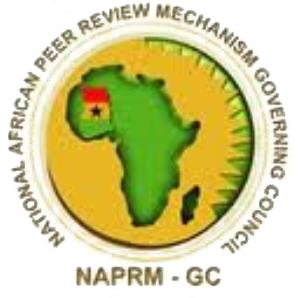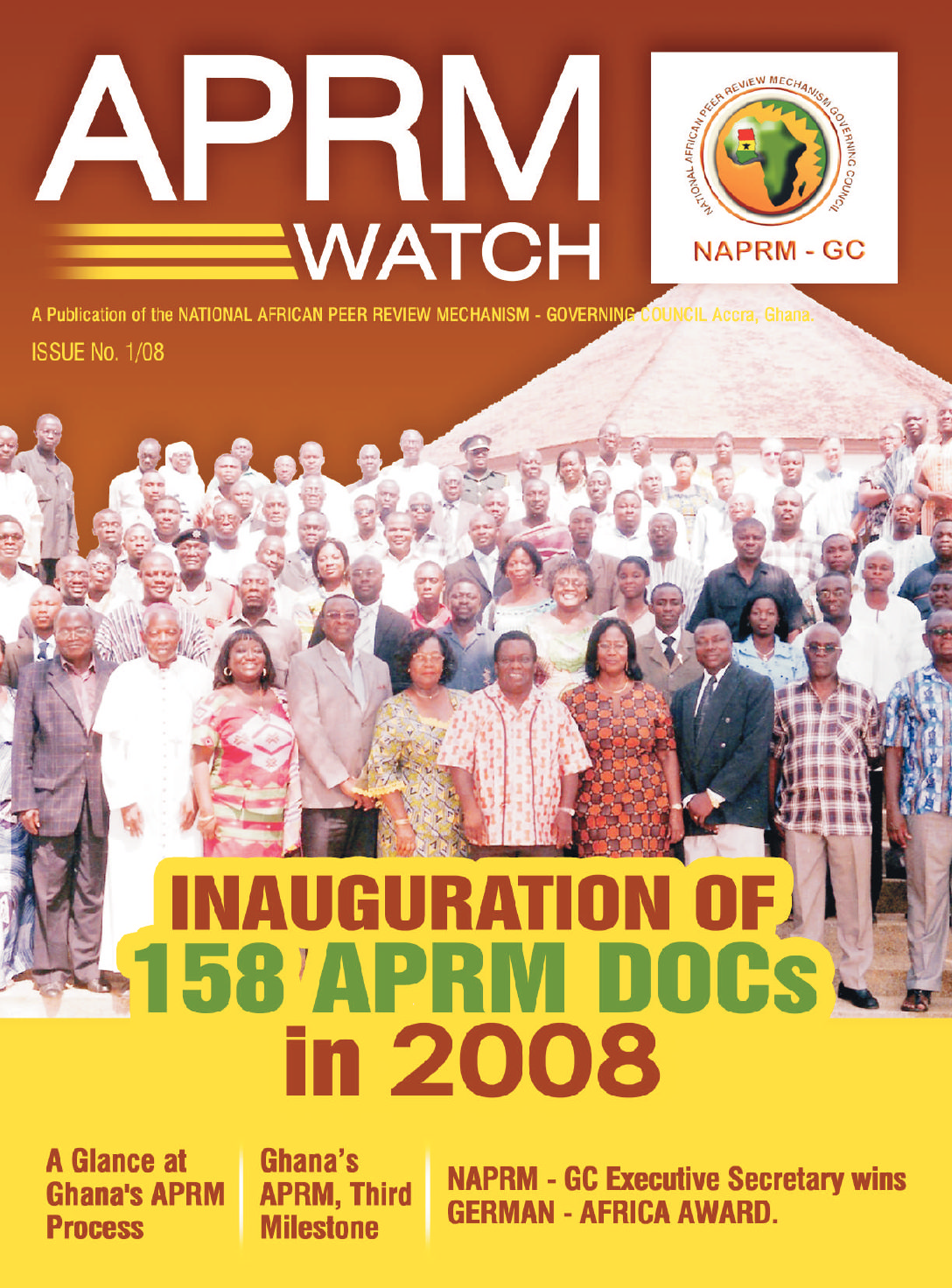District Oversight Committees (DOCs) from the Ashanti, Brong Ahafo, Northern, Upper East, and West regions attended a capacity-building workshop organized by the Governing Council in August 2009. The training in Kumasi was to equip the members with the Citizen Report Card methodology of conducting effective surveys. It was a specific programme for District Oversight Committee members from selected districts drawn from the northern and southern sectors. This was to equip members with skills to carry out surveys, writing, and presentation of reports to be validated by the communities.
At the end of the survey, the results will be worked into a report to be presented by President John Atta Mills at the Forum of Heads of State at the AU Summit in the Ethiopian capital Addis Ababa.
In his welcome address, the Chairman of the Governing Council Rev. Prof. S.K. Adjepong informed the DOCs that nations and organizations continue to praise Ghana for her leading role and exemplary performance in the implementation of the APRM. He said this credit goes more to the DOCs for their devotion to duty, placing more responsibility on them to raise the standard.
Rev. Prof. Adjepong urged them to take the training seriously because monitoring and evaluation are serious programmes that must be carried out with objectivity and accuracy.
The Executive Secretary of the National African Peer Review Mechanism Governing Council, Dr. Francis Appiah acknowledged the continued enthusiasm of the DOCs. He reiterated that the APRM is truly a non-political national asset, and this has been demonstrated by the presentation of Ghana’s Progress Report by Vice President John Mahama in Addis Ababa and President John Evans Atta Mills in Libya soon after the change of government. Dr. Appiah encouraged the DOCs even in the face of challenges to see themselves as pioneers of the APRM. doing their bit for posterity in Ghana’s effort to ensure the entrenchment of democracy and good governance in Ghana and Africa.
Resource persons explained to participants that the Citizen Report Card survey is a participatory system used in the assessment of development in the districts. He said unlike the traditional system where questionnaires are distributed and collected from respondents. this is participatory because interviewers interact and explain issues to respondents. This system helps monitor the performance of governance and service delivery at the local level and generates a database for development planning among others.
The questions were based on the four thematic areas of the APRM – Democracy and Good Political Governance, Economic Governance and Management, Corporate Governance and Socio-Economic Development.
The presentation was followed by an open forum where participants sought explanations on some issues to facilitate their work in the field.

 newsletter-compressed
newsletter-compressed